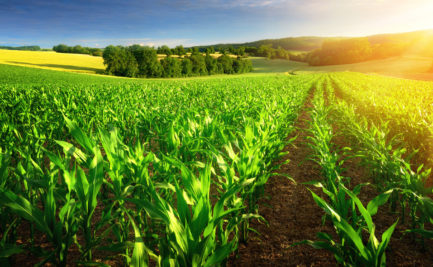Comments
Daniel was featured in this Climate Conversation https://youtu.be/LuPSAor6nqA

Climate change is a major challenge, and it will require innovations across the board. To avoid the worse climate change scenarios it will require rapidly decarbonizing the economy to reach net zero, which will require technologies and behaviour changes that reduce the carbon intensity and the overall material footprint of human activity. Given the scope of the challenge I tend to cluster innovations, thinking of them more as bundles or portfolios of technologies that embody broader system innovation.
New genetic based technologies
For example, many CSIRO technologies that could contribute to this include new genetic based technologies that increase what we can produce while reducing the inputs needed or new wheat varieties that could shorten growing seasons perhaps allowing for more multiple cropping globally. Another example of genetic improvement is work on cotton that could help reduce the environmental footprint of the textile industry.
Novel feed additives
Other technologies like novel feed additives could help to reduce the direct emissions from the food sector.
Plant based meat
Plant based meat alternatives could further reduce emissions and ease pressures on land-use change, particularly if these technologies were accompanied by a shift towards healthier more balanced diets which are generally less resource intensive to produce. All of which would have the added benefit of giving more scope for land-based mitigation strategies to protect and restore natural environments, which would have the benefit not only of removing and storing CO2 but helping to reverse severe losses of biodiversity.
by Daniel Mason-D’Croz
Senior Research Scientist and Team Lead
Sustainable Food Systems Futures Team
CSIRO Agriculture and Food | Food Systems and Global Change